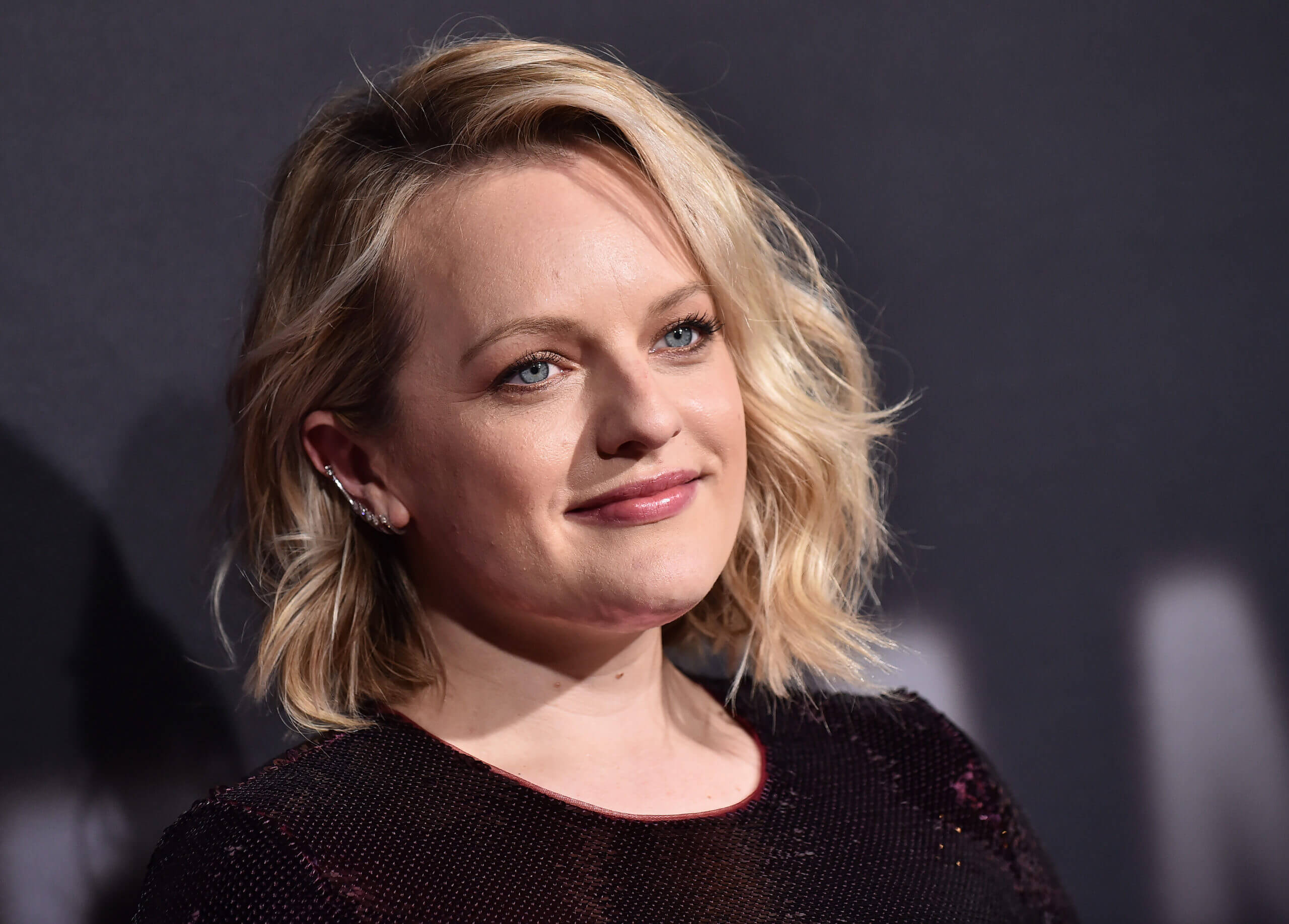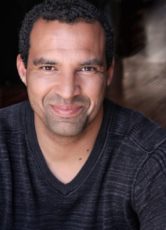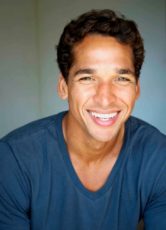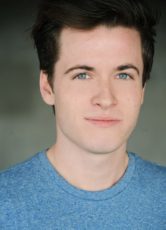
A recent Hollywood Reporter television directors roundtable took an interesting turn when three of the featured directors, who are also actors, were asked what actors hate to hear from directors. Elisabeth Moss (The Handmaid’s Tale), Zach Braff (Ted Lasso), and Lena Dunham (Industry) shared their thoughts on the topic.
Elisabeth Moss
Moss, who’s played June in The Handmaid’s Tale since 2017, made her directorial debut on the Hulu hit’s fourth season. So far, she’s directed three episodes of the series as well as an episode of Apple’s metaphysical thriller Shining Girls.
Moss admits she was the most nervous about giving input to her fellow thespians when she started directing. She explains she doesn’t “know how to describe acting,” “never went to school for it,” and has “no method.”
“Also, as an actor, I knew how terrible it is to have a director come up to you and say the wrong thing—and how much you hate them when they do that. And so I knew what it was like to be on that side of it and have a director come up to you and say something, and you’re like, ‘Okay, I don’t know, I guess I’ll figure out what that means’ or ‘I guess I’ll figure out how to make that work.’‘”
But Moss was pleasantly surprised to discover that directing actors became her favorite part of the job. She explains, “When you have this incredible person, this incredible actor to go up to, and you give them an idea or a thought or whatever it is, and you go back to the monitor and just see how it goes into them and comes back out was just the most magical thing I’d ever seen.”
Zach Braff
Braff portrayed Dr. John ‘J.D.’ Dorian on the television series Scrubs for nine years, and he directed several of its episodes. In 2004, the actor directed the romantic comedy-drama Garden State which he also wrote and starred in. The New Jersey native later went behind the camera for the feature Going In Style. More recently, Braff was nominated for an Emmy for directing an episode of Ted Lasso.
One of his pet peeves with directors centers around feeling rushed. “I like a few takes just to sort of get my footing and try some things,” he says. “It’s one thing if it’s a blocking note like, ‘The dolly can’t see you if you don’t hit your mark,’ but don’t give me acting notes on take one or two. Let me just find my footing for a second. And then, once I find a place, then by all means come steer me. But that’s one thing that I’ve taken as an actor to my directing. I let the actors [have some space], especially when you’re just starting the scene.” Braff also knows how much he appreciates when directors allow him to have some say in the order with which the scenes will be shot, especially if it’s a tricky scene.
Lena Dunham
Lena Dunham wrote, produced, and recently directed two features, the upcoming indie Sharp Stick and Catherine, Called Birdy. The actress described the insights she’s learned about directing throughout her years of experience in the industry:
“I think the biggest things that I learned in my twenties both being on a show for a really long time and also directing my colleagues every day was that my biggest job as a director … is really to learn how each [actor approaches his or her work]. It’s not to have a sort of didactic, one-size-fits-all approach or method to how actors work. It’s really to get to know each person and what allows them to feel the safest and be most expressive emotionally, and then try to foster almost lots of little mini environments for each person. So you have a very specific relationship with each actor, and it’s almost like you’re in one of those French comedies running back and forth between five different people’s hotel rooms on five dates. But it’s like each person needs something really specific.”
Want to get your acting career started? Sign up or login to Casting Frontier and start auditioning today!
Related articles:
Acting Coach Bernard Hiller on Four Elements Every Actor Should Know
Robert Duvall on Acting
Vanessa Kirby on the Giving-Birth Scene in ‘Pieces of a Woman’




